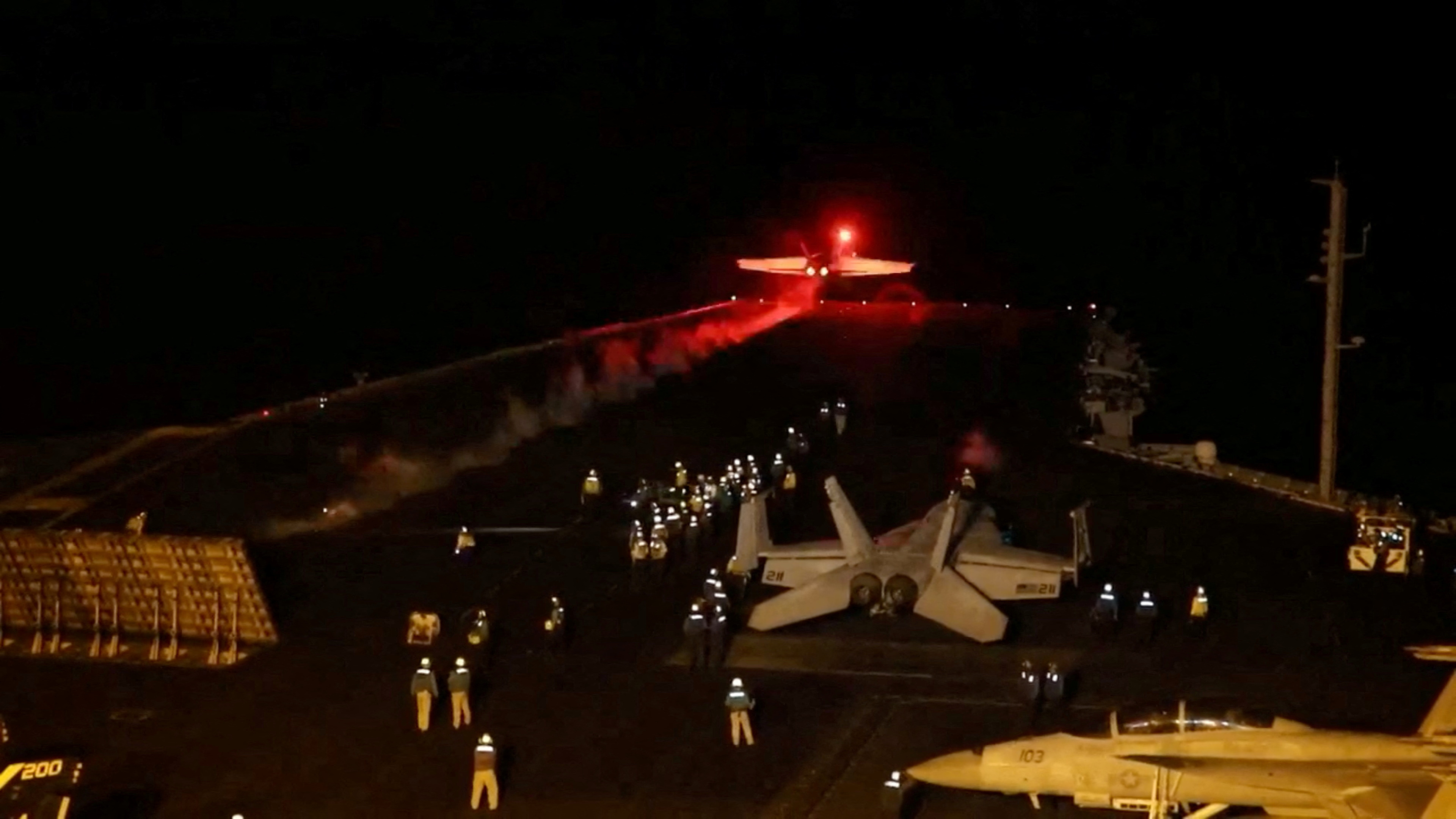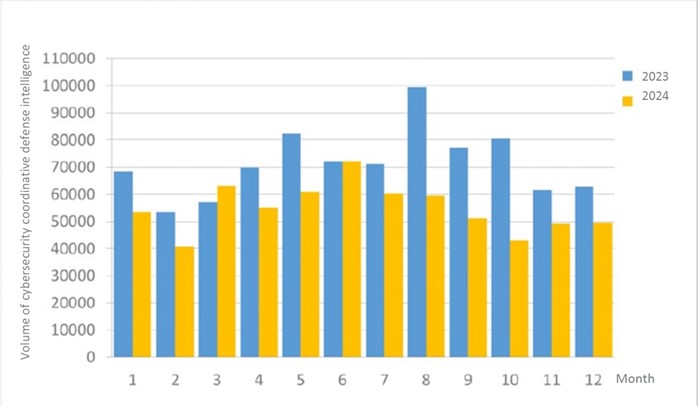Trump"s Claims Are Being Debunked
Democratic Senator Tim Kaine of Virginia has stepped into the fray, asserting that President Trump has "in all likelihood" exaggerated the damage inflicted on Iran"s nuclear program by U.S. military strikes. Speaking on Morning Edition, Kaine pointed out that the president"s bombastic claims about the efficacy of the attacks are not backed by the evidence available to key lawmakers. This is a critical moment in understanding how misinformation can distort public perception and escalate international tensions.
Military Briefings Reveal Limited Damage
After airstrikes hit three nuclear sites near Tehran on June 21, 2025, a leaked preliminary report from the Defense Intelligence Agency (DIA) indicated that the damage was, in fact, quite limited. According to Brookings, the strikes may have only delayed Iran"s nuclear ambitions by a matter of months. Yet, Trump continues to trumpet the narrative that Iran"s nuclear capabilities have been "totally obliterated," a claim that is not supported by on-the-ground realities.

US conducts strikes against 3 Houthi anti-ship missiles | Reuters
Administration Faces Growing Scrutiny
The Pentagon"s need to manage public perception in the aftermath of the strikes reveals a worrying trend: the administration is scrambling to mitigate the fallout from Trump"s overstatements. Kaine"s comments highlight that the president"s self-congratulatory rhetoric has prompted a concerted effort by defense officials to perform damage control. They even postponed critical briefings to manage the narrative around the strikes. This raises alarms about transparency and accountability in a situation that could have dire consequences for international diplomacy.
Diplomacy Over Bombs Is the Clear Choice
Kaine emphasized that the current conflict is largely the result of Trump"s reckless decision to abandon the Iran nuclear deal, which had effectively limited Iran"s nuclear activities. Instead of pursuing a diplomatic path, the administration"s military actions are reminiscent of past U.S. interventions that destabilized regions and escalated conflicts. This perspective is echoed by experts who argue that diplomacy should be prioritized over military aggression, particularly when dealing with complex geopolitical issues.

Cybersecurity Monthly Report (December 2023)|Cybersecurity ...
Potential Fallout for U.S. Foreign Relations
As reported by the White House, the ramifications of these strikes could extend beyond immediate military objectives. Iran"s foreign minister, Abbas Araghchi, has claimed serious damage to nuclear facilities, although without specific details, it raises questions about how these actions will affect U.S. standing in the Middle East. Furthermore, the international community is watching closely, and any miscalculation could jeopardize future diplomatic engagements.
With tensions high and misinformation swirling, it is vital that lawmakers prioritize clarity and truth in their communications. The American public deserves accurate information, particularly when their safety and international relations are at stake. The stakes could not be higher, and yet the administration appears more focused on maintaining a favorable image for Trump than on ensuring a coherent and responsible foreign policy.



![[Video] Gunfire between Iraqi security forces and Sadr militias in Baghdad](/_next/image?url=%2Fapi%2Fimage%2Fthumbnails%2Fthumbnail-1768343508874-4redb-thumbnail.jpg&w=3840&q=75)
